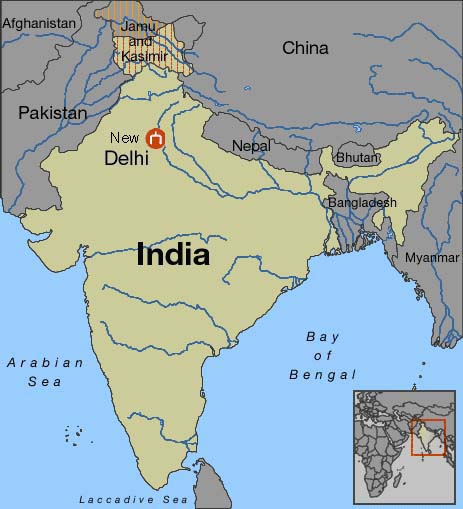Indian court orders stop to auction of Gandhi artefacts in New York
 New Delhi - An Indian court passed an interim stay Tuesday to try to stop Mahatama Gandhi's personal belongings from going under the hammer at a New York auction, news reports said.
New Delhi - An Indian court passed an interim stay Tuesday to try to stop Mahatama Gandhi's personal belongings from going under the hammer at a New York auction, news reports said.
Gandhi's iconic metal-rimmed glasses, which he once said gave him "the vision to free India," his sandals and pocket watch are among the items due to be auctioned by the Antiquorum Auctioneers Thursday.
The Delhi High Court order came after a non-governmental organization, the Navjivan Trust, based in Ahmedabad, the principal city in Gandhi's home state of Gujarat, approached the court seeking a stay.
High Court Justice Anil Kumar passed the stay order after Additional Solicitor General Mohan Parasaran, appearing for the trust, argued that the articles could not be sold because they belonged to India and had been illegally taken away, the IANS news agency reported.
Parasaran was given permission by the Indian government to appear for the 80-year-old trust, which was founded by Gandhi in 1929.
Parasaran said a similar order was given by an Indian court in 1996 to stop a British firm's auction of papers handwritten by Gandhi.
The 1996 order by the Madras High Court had prevented the auction in Britain, Parasaran said.
Under international law, the issue of jurisdiction did not come in the way of the order staying the auction, he added.
"Any article belonging to Gandhi is of great heritage value and is considered legitimately owned by India," the lawyer was quoted as saying.
The judge has asked the New York-based auction house to respond to the order by May 6.
There has been an outcry in India over the private auction of the Gandhi artefacts.
India's Culture Ministry has said it would approach the owners of the articles, requesting them to offer them to the government first.
The PTI news agency quoted James Otis, the California-based collector who plans to sell the items, as saying that he was willing to donate the items to the Indian government.
"... If the government decides to allocate 5 per cent of the GDP to or announces some major scheme for the poor, who're very near to the heart of Gandhi, or announces some other scheme which would benefit them, I will even donate these items," he said.
It was, however, not clear whether Otis would, or could, withdraw the auction items because he had signed a contract with the auction house.
Otis had added two more items belonging to Gandhi to the five put up for auction, PTI reported.
These were Gandhi's blood report from a hospital in Delhi and a signed telegram he sent to students participating in the non-violent struggle against British rule.
Otis said he is a peace activist with the long-term goal of promoting non-violence worldwide.
He collected Gandhi's possessions, including the sandals and glasses, over a number of years from various sources such as dealers, family members and auctions.
When he signed a contract with Antiquorum Auctioneers to sell the items, Otis said, it did not occur to him there would be an outcry. "Gandhi didn't value possessions, ... and I don't either," he said.
Otis has said Indian officials have not approached him, but if they did, he would be willing to try to resolve the issue. (dpa)